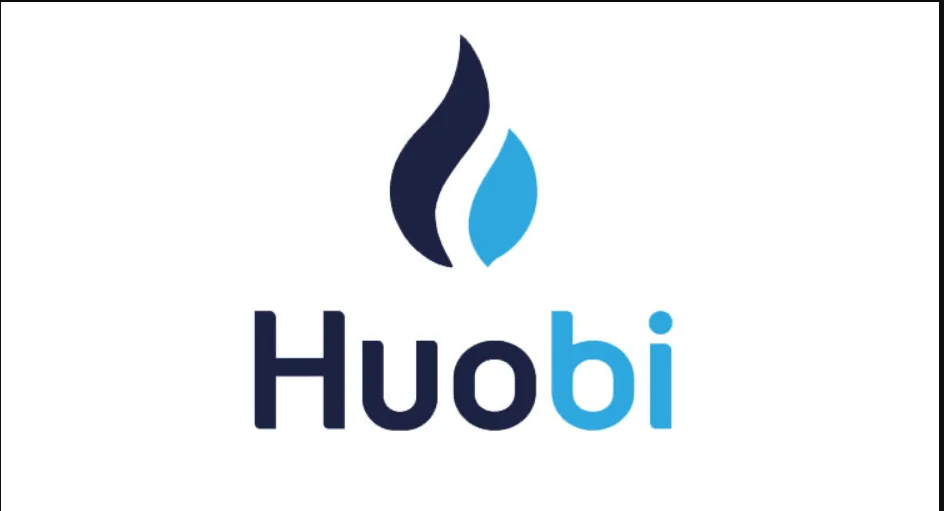Local authorities in Thailand have ordered the suspension of Huobi’s operations in the country due to the company’s apparent failure to comply with local legislation.

In a recommendation to the Ministry of Finance, the Securities and Exchange Commission (SEC) of Thailand has temporarily suspended the services of the local branch of cryptocurrency exchange Houbi and suggested that its operating license be revoked.
As a result of the ban, Huobi has been given three months to refund all client assets to their respective accounts.
It was determined that Huobi, which is known in Thailand as DSDack, had violated local legislation pertaining to its activities and management structure that the company was subjected to a suspension order.
According to the Thai Securities and Exchange Commission, Huobi was first notified of a violation of compliance during an investigation that began in February 2021.
Huobi had requested an extension until the end of August 2021 after it was reported that it had failed to meet the regulatory conditions imposed by the authorities. The extension had been granted based on the exchange’s request.
A total of 5 months and 12 days was granted by the SEC, but the exchange’s trading systems, customer asset retention systems, and information technology system were all deemed to be “irreparable.” The SEC has given Huobi three months from September 2 to return all assets to its Thai-based customers and clients, despite the extension.
Additionally, the SEC has requested that Huobi offer a security deposit for clients in the event that the company fails to restore all assets within the specified time period.
Huobi has not yet responded to Cointelegraph’s request for comment on the matter.
While Thailand has permitted citizens to engage in cryptocurrency investing, the Thai Securities and Exchange Commission (SEC) has issued regular guidance to cryptocurrency exchanges in an effort to reduce the perceived dangers associated with cryptocurrency trading.
The Securities and Exchange Commission (SEC) adopted a rule in June 2021 prohibiting cryptocurrency exchanges from hosting meme-based tokens, fan-based tokens, nonfungible tokens (NFTs), and exchange-issued tokens. All coins listed on the exchange were also expected to adhere to the capabilities described in their separate whitepapers, as mandated by the SEC.
Thailand’s Securities and Exchange Commission (SEC) has also recommended a new framework that prevents cryptocurrency enterprises from using investors’ assets for any business or personal gain.
